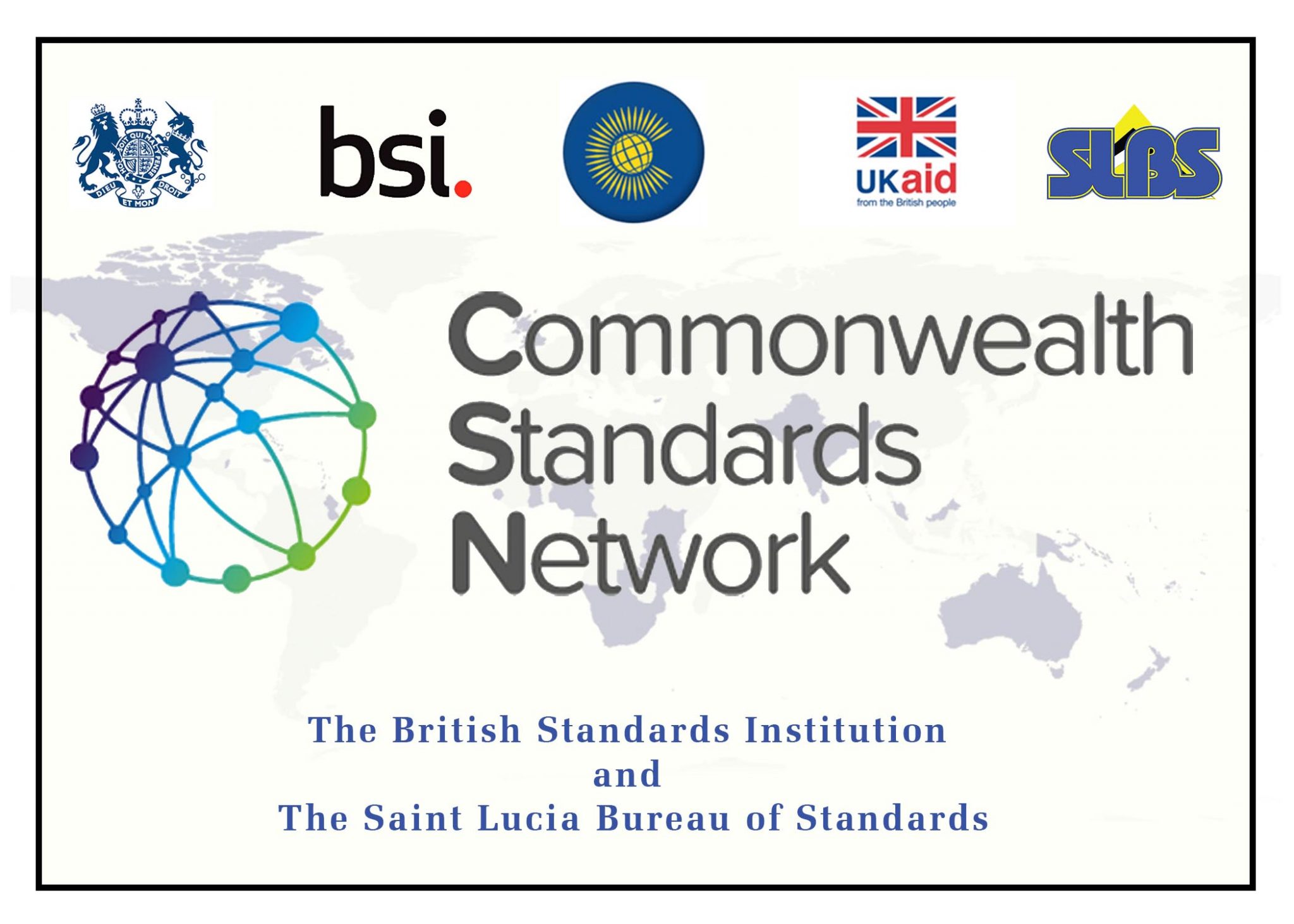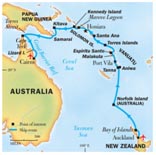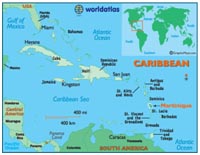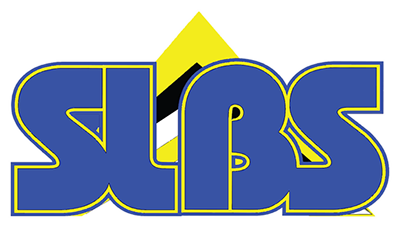What is the Commonwealth Standards Network?
Funding Agency: DFID (UK Government)
Beneficiary: 53 Commonwealth Member Country NSBs
Duration: <2 Years (06/2018- 03/2020)
Contract type: Accountable Grant Arrangement [AGA]

The CSN is a platform for Commonwealth countries to exchange ideas, share best practice and impart knowledge. Its key aim will be to facilitate trade and foster innovation across the Commonwealth through the increased use of international standards. A series of programmes will build the capacity of Commonwealth states to adopt international standards, while also increasing their role in international standards development. The programmes include extensive training and the delivery of a standards toolkit for all participating Commonwealth states.
Scott Steedman, Director of Standards at BSI, said: “The launch of the Commonwealth Standards Network will strengthen the economic performance of the member states through closer cooperation in the use of international standards, which increase competitiveness, support social responsibility and provide a ‘passport to trade’. We welcome the support of the UK government to make this happen.
“Independent research in 2015 found that 41% of SMEs and 36% of large companies in the UK are more likely to export if they use industry standards. We want to help companies throughout the Commonwealth to become more competitive and economically successful. Using standards brings growth.”
This project includes three technical assistance work streams in Saint Lucia and Caribbean, Zambia and Uganda, and Papua New Guinea and Vanuatu.
What role do international standard play?
Standards play an important role in promoting productivity and efficiency, reducing costs, removing barriers to trade, and driving economic growth. As such, the network will be especially relevant to those members that are less economically developed, looking to boost their export capabilities through the use of standards. The programmes delivered in these countries will include training in the use of standards and onsite technical assistance programmes, through funding from the BSI Department for International Development.
The CSN will begin work immediately by identifying a suite of the top international standards that will support the members’ development objectives. Rather than creating new standards, it will promote the use of existing international standards to strengthen trade.
Who are the main palyers involved in the Commonwealth Standards Network
BSI, the UK National Standards Body, in partnership with the Department for International Trade and Department for International Development (DFID – UK Aid), has today launched the Commonwealth Standards Network (CSN). Announced by the Prime Minister at the Commonwealth Business Forum this morning, the UK Government will provide funding over the next two years for the new initiative, which has been launched to tackle non-tariff barriers and promote stronger trade amongst all Commonwealth states. The overall beneficiaries will be all commonwealth member countries.
The Commonwealth Standards Network – activities
- Creating an online portal to increase information sharing between Commonwealth NSBs and key stakeholders;
- A repository of information to support standardization throughout the Commonwealth;
- A public area to demonstrate the key role that standards can play to facilitate intra-commonwealth trade;
- A standards toolkit will be developed to support standardization throughout the Commonwealth;
- Mapping and identifying Commonwealth members’ economic priorities, and establishing a framework of standards that can be used to support these objectives;
- Delivering a number of training programmes for Commonwealth National Standards Bodies in ODA eligible countries, to support greater participation in international standardization activity;
- Delivering a number of workshops in ODA eligible countries to raise awareness and promote the benefits of standardization to key stakeholders from Government and the private sector;
- Organising an annual Commonwealth Standards network meeting, with the inaugural meeting that took place in the margins of the ISO General Assembly in Geneva in September 2018.
Expected project outcomes
- To increase intra- Commonwealth trade and investment;
- To enable growth of global value chains in Commonwealth developing economies, particularly in supported sectors;
- Increase the volume of products and services which meet international standards exported in Commonwealth developing economies;
- To create connections between Commonwealth countries (particularly NSBs and Ministries of Trade), allowing them to identify new trade opportunities;
- Increased coordination and collaboration between national technical experts on standards across the Commonwealth;
- Improved business environment and sector competitiveness in Commonwealth developing countries;
- Developing countries in the Commonwealth take a more pro- active role in International Standardization;
- To enhance the use of ISO and IEC standards to foster innovation and improve export potential.
Technical Assistance Work Streams

Zambia (ZABS)
Uganda (UNBS)
Papua New Guinea (NSIT)
and Vanuatu (VBS)
St. Lucia (SLBS) &
Caribbean ODA Eligible
Rationale:
- To offer three bespoke Technical Assistance projects addressing key Quality Infrastructure challenges in country with a focus on standardization;
- To enhance the institutional capacity of developing National Standards Bodies in these countries (e.g. Vanuatu’s NSB only recently set up in 2017);
- An agreed set of technical assistance interventions will be delivered including: trainings, workshops, gap analysis studies, study visits to BSI and QI stakeholders, pilot programmes for private industry in priority selected sectors etc.
What is the CSN Saint Lucia and Caribbean Project
The CSN Saint Lucia and Caribbean ODA eligible countries project is one of the three bespoke technical assistance projects being undertaken on behalf of UK Aid (DFID) by the British Standards Institution. Through the project, BSI:
- Provided a BSI senior technical Quality Infrastructure consultant (Team Leader) to live and work alongside the SLBS and colleagues for 22 months (June 2018 – March 2020) to assist the Saint Lucia Bureau of Standards in supporting the National Quality Infrastructure and continuing to raise awareness of the importance and relevance of International Standards and facilitate wide scale adoption in both public and private sectors in Saint Lucia;
- The Team Leader is located at SLBS premises to ensure high levels of beneficiary engagement and availability for regular consultations, support and to oversee full project implementation;
- Provide a pool of international short term experts on standardization, conformity assessment, metrology, private sector development and wider NSB commercial assistance if required to assist in delivering specific project interventions;
- Provide and build a pool of regional/local short term expertise to ensure skills are retained in country after project completion, ensuring a level of project sustainability;
- Support a wide range of QI initiatives based on the initial needs assessment;
- Provide latest technical expertise and the project provides for a one off opportunity to address any technical functions SLBS may be looking to develop or strengthen further.
Saint Lucia Bureau of Standards CSN Project Objectives
- Increase Intra-Commonwealth Trade through use of international standards;
- Support the National Quality Infrastructure of the country;
- Increase awareness as to the value of standards to society.
General Strategy for Exports
- To increase further exports it is necessary for technical regulations in Commonwealth countries be similar thus based on the safety features contained in international standards (ISO/IEC/CAC etc.);
- Standards are based on consensus and technical regulations are written to change behaviour, different requirements;
- International standards should not be modified because technical requirements cannot be met, transitional period should be established;
- In Saint Lucia the SLBS should provide support to its economic operators by offering certification and itself be accredited by an recognised national accreditation body such as UKAS (exporting to UK where many Caribbeans emigrated to and live) a niche market e.g. if the SLBS has international credibility then it can provide credibility to exporters;
- Consumers (who are the economic operators client’s and include management, workers and end users, in general everyone in society) should be targeted for them to become aware what are standards as against regulations, what is the CSN, the value of standards to a national economy and to consumers and how standards are used to increase exports. With this knowledge the consumer can demand safety and quality thus improving the national goods and services provided which ultimately improves the ability of enterprises to export;
Activities Designed to fulfil Objectives and support the Strategy
In order to be able to fulfil the objectives and support the strategy of this project, it demands a two- fold approach, the first is to change the national conditions and this is reflected in the need to revise Standardisation and Metrology Acts and Regulations to better align with international good practices and in doing so it will strengthen the national quality infrastructure of the country by also establishing a policy and committee that will oversee and continue to reinforce the national quality infrastructure.
The following components will address the above mentioned issues.
- Component 1 NQI
Establish a National Quality Infrastructure Committee and develop a National Quality Policy;
- Component 2 Legal Approximation
Review the Standardisation legislation, introduce Good Regulatory Practice Policy document and develop a Regulatory Impact Assessment and technical regulation model documents;
Secondly, to strengthen the Saint Lucia Bureau of Standards provision of services to all economic operators, to do this it becomes necessary for the SLBS to provide services to their stakeholders that will increase the quality of the produce, products and services that these provide thus ultimately increase exports to other commonwealth countries.
The following services are required to be strengthened in order to ensure that enterprises can export and their products will be in accordance with international good practice.
- Component 3 Standardisation
Review and improve the SLBS Standardisation Department to be able to adopt international standards relevant to the present and future national strategies of Saint Lucia, its economic operators, including CROSQ standards Caribbean harmonisation;
- Component 4 Certification
Improve the Certification department of SLBS regarding its ability to certify the national economic operators to improve their ability to export to other Caribbean countries, the UK and other Commonwealth countries, e.g. Establish Credibility of exporters;
- Component 5 Standards Awareness
Increase awareness of standards and the CSN, how these can assist in trade and exports, sensitise the consumers to demand quality and safety based on voluntary standards;
- Component 6 Metrology
Improvecalibration skills so that measurements required for exports such as temperature and storage tank volumes can be provided by the SLBS.
All the above components will fulfil the objectives of the CSN Programme.
